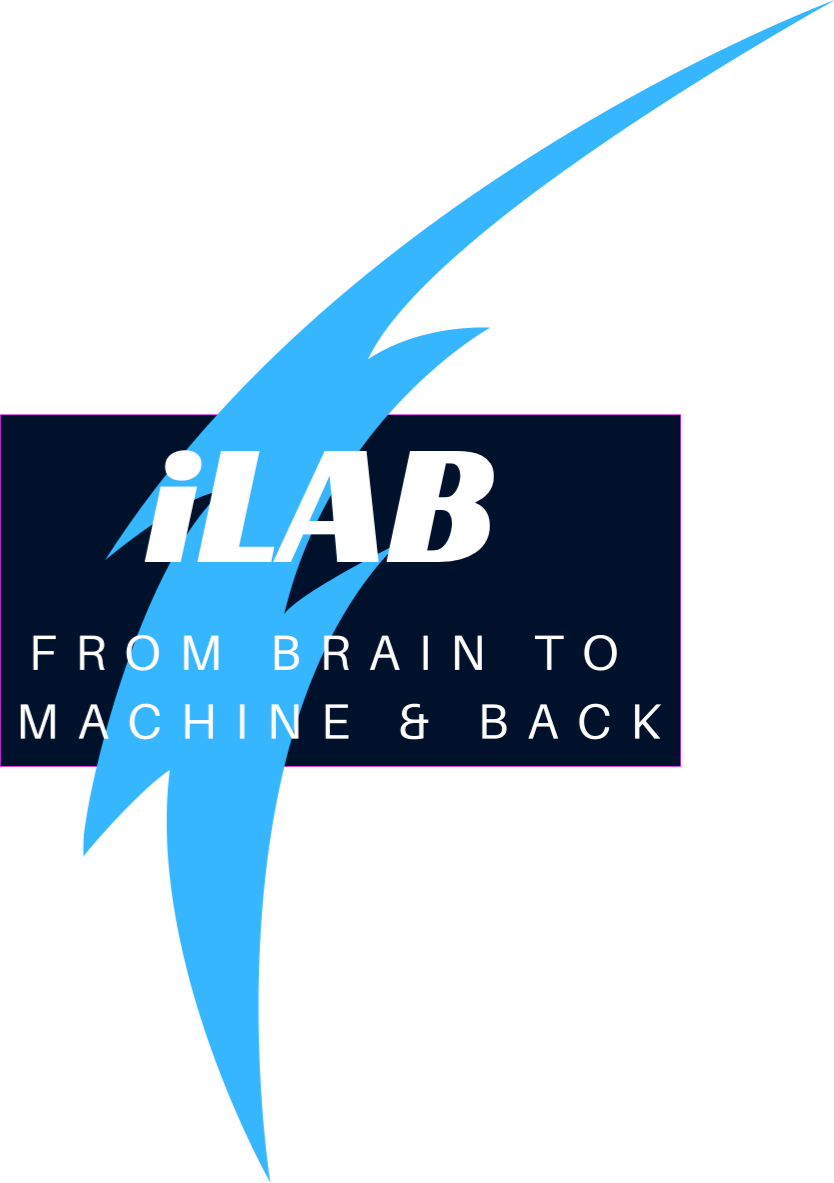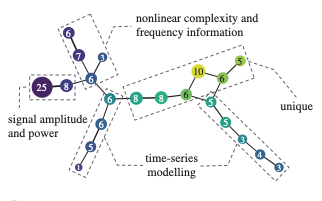The success of biological signal pattern recognition depends crucially on the selection of relevant features. Across signal and imaging modalities, a large number of features have been proposed, leading to feature redundancy and the need for optimal feature set identification. A further complication is that, due to the inherent biological variability, even the same classification problem on different datasets can display variations in the respective optimal sets, casting doubts on the generalizability of relevant features. Here, we approach this problem by leveraging topological tools to create charts of features spaces. These charts highlight feature sub-groups that encode similar information (and their respective similarities) allowing for a principled and interpretable choice of features for classification and analysis. Using multiple electromyographic (EMG) datasets as a case study, we use this feature chart to identify functional groups among 58 state-of-the-art EMG features, and to show that they generalize across three different forearm EMG datasets obtained from able-bodied subjects during hand and finger contractions. We find that these groups describe meaningful non-redundant information, succinctly recapitulating information about different regions of feature space. We then recommend representative features from each group based on maximum class separability, robustness and minimum complexity.
Presented on 11.11.2020 by Felix Grün
Paper:
https://royalsocietypublishing.org/doi/full/10.1098/rsif.2017.0734

